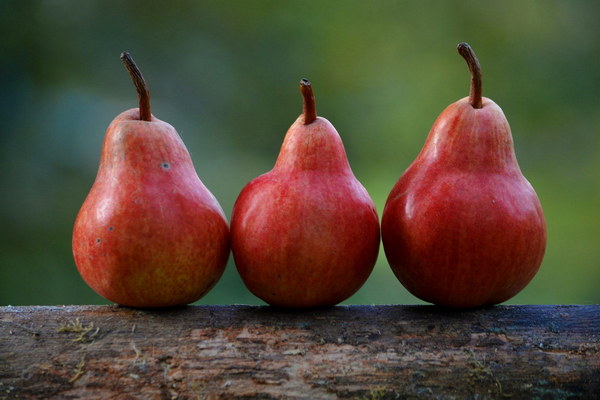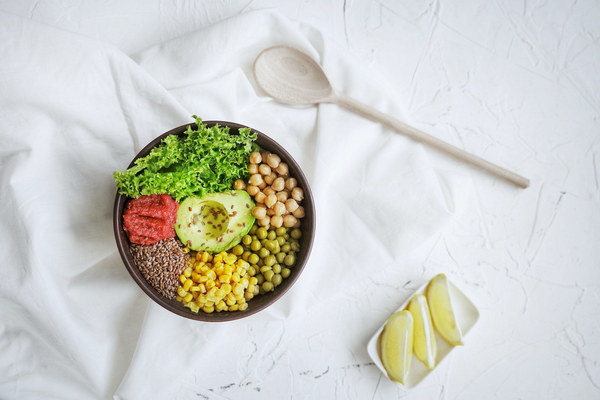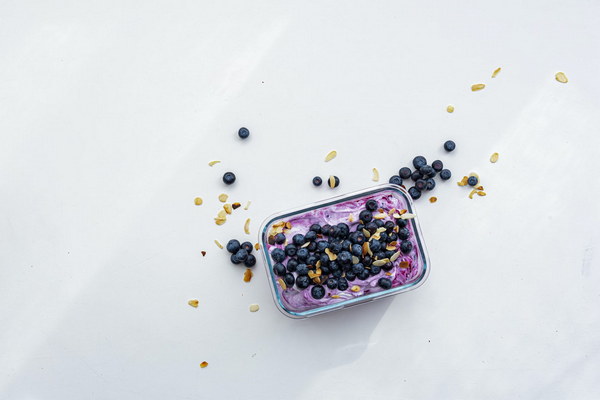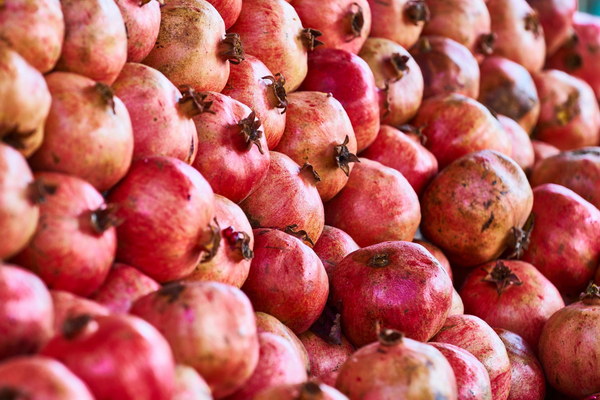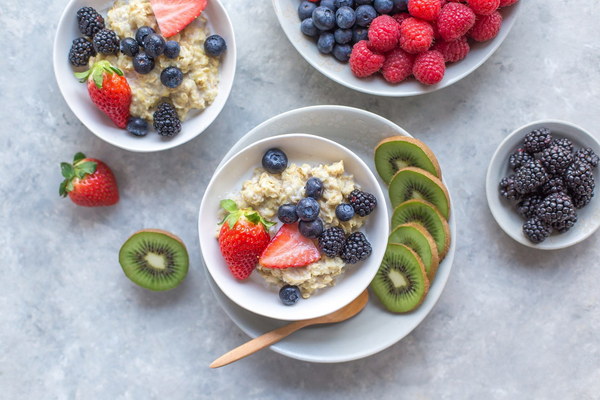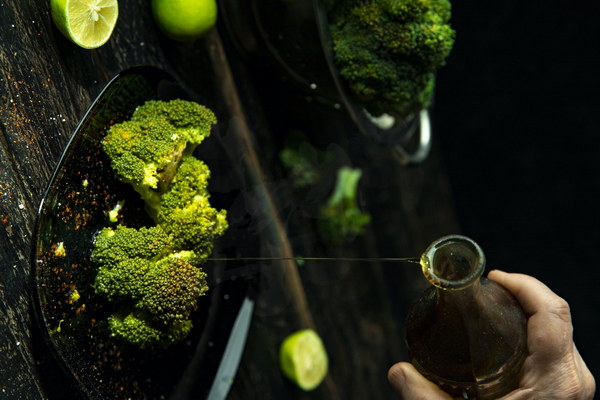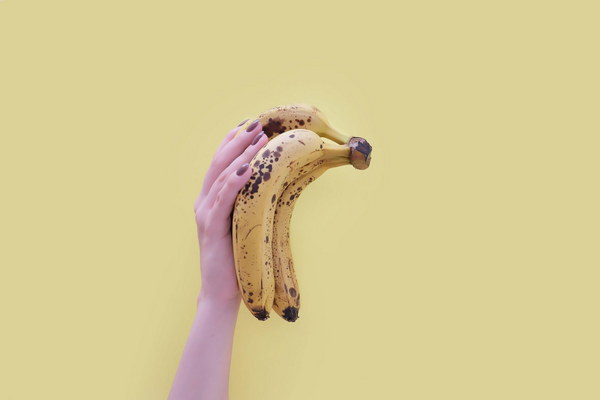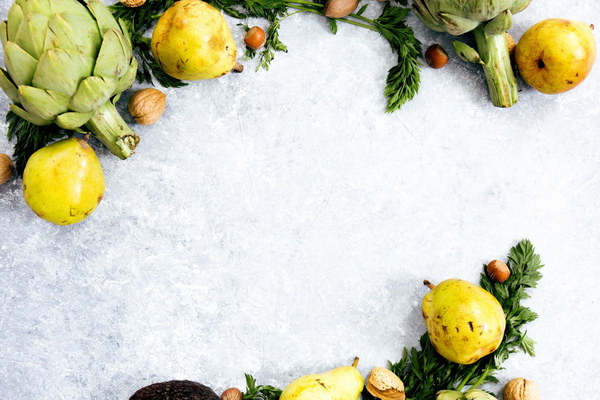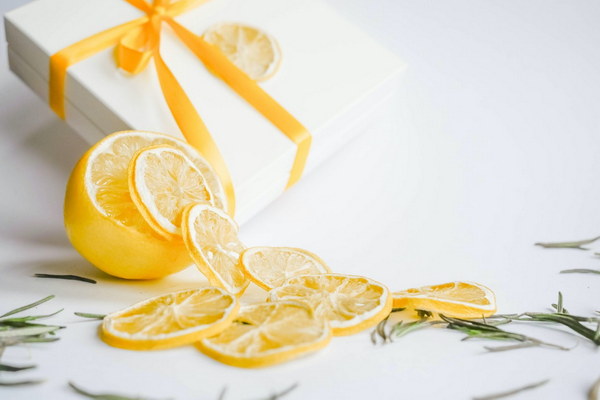Xinyang Maotai The Antioxidant Powerhouse That Could Reverse the Signs of Aging
Xinyang Maotai: The Antioxidant Powerhouse That Could Reverse the Signs of Aging
In a world where the quest for eternal youth is as elusive as it is captivating, the discovery of natural remedies that could turn back the hands of time has sparked a fervor of excitement. Among the myriad of such remedies, Xinyang Maotai, a renowned Chinese green tea, has emerged as a potential antioxidant powerhouse that could be the key to reversing the signs of aging. But does it really work? Let's delve into the science and folklore behind this enchanting leaf.
A Brief History of Xinyang Maotai
Originating from the lush, green hills of Xinyang, Henan Province in China, Xinyang Maotai has a rich history that dates back to the Tang Dynasty (618-907 AD). It is one of the most prestigious and sought-after green teas in China, known for its vibrant green color, fresh aroma, and slightly sweet taste. However, it is not just the taste that makes Xinyang Maotai stand out; it is also the numerous health benefits attributed to it, including its potential to combat aging.
The Science Behind Antioxidants
Antioxidants are substances that protect our cells from damage caused by free radicals, which are unstable molecules that can damage DNA, proteins, and other cellular components. Over time, the accumulation of free radicals can lead to the signs of aging, such as wrinkles, age spots, and a weakened immune system.
Xinyang Maotai is rich in antioxidants, primarily in the form of polyphenols, including epigallocatechin gallate (EGCG). EGCG is a powerful antioxidant that has been shown to have numerous health benefits, including anti-inflammatory, anti-cancer, and anti-aging properties.
Research on Xinyang Maotai and Aging
Numerous studies have been conducted to investigate the potential anti-aging effects of Xinyang Maotai. One study published in the Journal of Ethnopharmacology found that regular consumption of Xinyang Maotai significantly improved skin elasticity and reduced the appearance of wrinkles in participants.
Another study, published in the Journal of Agricultural and Food Chemistry, revealed that the polyphenols in Xinyang Maotai have the ability to scavenge free radicals and protect the skin from UV-induced damage, which is a leading cause of premature aging.
The Folklore of Xinyang Maotai
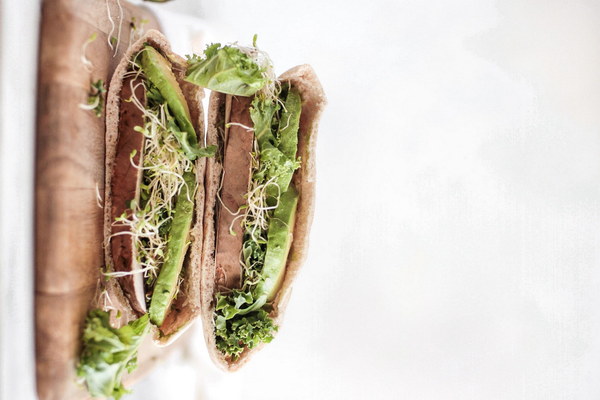
In addition to scientific evidence, the folklore surrounding Xinyang Maotai also supports its anti-aging properties. In traditional Chinese medicine, green tea is known for its ability to promote longevity and health. Xinyang Maotai, in particular, is believed to have the power to rejuvenate the body and mind, making it a favorite among the Chinese elite for centuries.
How to Incorporate Xinyang Maotai into Your Daily Routine
To reap the potential anti-aging benefits of Xinyang Maotai, it is recommended to drink 2-3 cups of the tea per day. You can enjoy it hot or iced, depending on your preference. It is also important to note that while Xinyang Maotai may have anti-aging properties, it is not a substitute for a healthy lifestyle that includes a balanced diet, regular exercise, and adequate sleep.
Conclusion
In the quest for eternal youth, Xinyang Maotai may just be the antioxidant powerhouse that could help us turn back the signs of aging. With its rich history, scientific backing, and folklore, this enchanting green tea is undoubtedly worth exploring. So, why not add a cup of Xinyang Maotai to your daily routine and experience its potential anti-aging magic for yourself?

